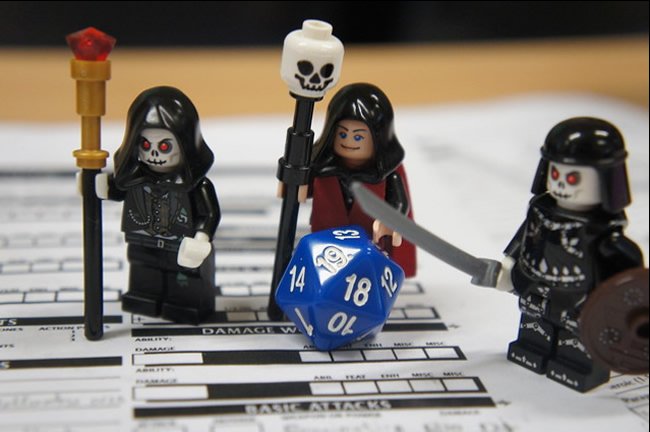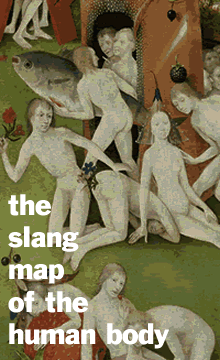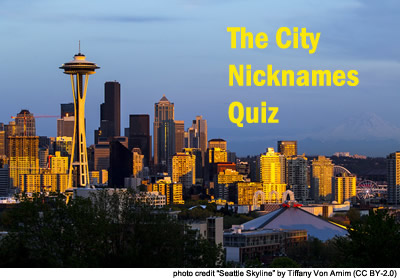D&D
 photo credit: "Lego Dungeons and Dragons - Our first step" by Marco Hazard (CC BY-SA 2.0)
photo credit: "Lego Dungeons and Dragons - Our first step" by Marco Hazard (CC BY-SA 2.0) Definition: (noun phrase) the fantasy role playing game Dungeons and Dragons
Example: Sharon the cheerleader was excited when she thought Todd had asked her to a D&G party; Dolce and Gabbana were her favorite designers. Unfortunately, she had misheard him and had to spend her evening battling wizards in D&D with the chess club.
Quote:
“First in my class here at MIT
Got skills, I'm a champion at D&D”
This Tuesday, Gary Gygax passed away, to the great sorrow of two generations of brainy teenage outsiders. Gygax was most famous as the co-creator of Dungeons and Dragons, the game of choice for the ultimate nerd Saturday night.
Mike Mearls, a D&D developer, described his feeling of loss to Wired Online, using an unusual term coined by science fiction writer Robert Heinlein: “I don't think I've really grokked [understood] it yet. He was like the cool uncle that every gamer had.”
As demonstrated by the Weird Al quote above, the term has become synonymous with those who excel at math and science. But D&D also serves to demonstrate that abbreviated slang was not invented by lazy twelve-year-olds with text-messaging capabilities on their cell phones. While there are many such abbreviations joined with an ampersand, such as G&T (gin and tonic) and M&D (Mom and Dad), D&D is one of the few such commonly used terms with a double letter.
While R&R is translated by some as rock and roll, it is just as often interpreted as rest and relaxation—and often found on the same web pages as B&Bs (bed and breakfast inns). In brand names, one of the best known is M&Ms, named for candy company owners Mars and Murrie. As for the lesser-known variety of such terms, T&T (another fantasy game, called Tunnels and Trolls) is probably D&D’s closest counterpart.



